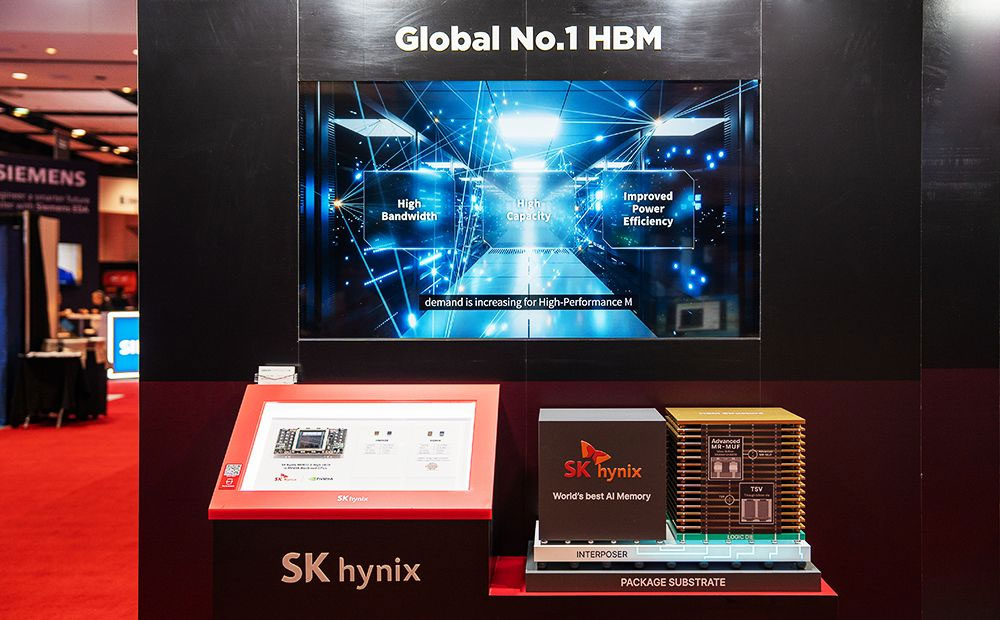Suspected SK hynix HBM tech leaker arrested boarding flight to China
‘Mr Kim’ was apprehended moments before boarding a flight at South Korea’s Incheon International Airport.

A man suspected of attempting to smuggle SK hynix tech secrets to China was apprehended at South Korea’s Incheon International Airport earlier this month. DigiTimes reports that the former employee subcontractor aimed to leak the firm’s proprietary high-bandwidth memory (HBM) packaging technology to entities based in China.
According to the source report, authorities had been aware of the activities of suspect ‘Mr Kim’ for several months. The Seoul Metropolitan Police Agency's Industrial Technology Security Investigation Unit made the dramatic airport arrest, moments before flight boarding, and charged Kim with violating South Korea's trade secret and unfair competition laws. Its investigators say that Kim stole critical data about HBM at around the same time he resigned as a subcontractor at SK hynix, at the beginning of the year.
Investigators found 11,000 document images
Korean prosecutors allege that Kim kept printed and photographed records from his time at SK hynix. He went as far as removing SK hynix branding and ‘confidential’ markings from any material he captured, it is claimed. In total, reports say Kim was caught with a haul of 11,000 images from his time at SK hynix. Boldly, Kim is even said to have cited some of these stolen documents in job applications to Chinese firms, including Huawei’s HiSilicon.
Above, we mentioned that the stolen proprietary data was mostly about HBM technology. More precisely, the almost-leaked SK hynix secrets were focused on the backend packaging stage of HBM, and hybrid bonding techniques, says reports.
HBM is widely used in AI accelerators, so it is understandable that Chinese rivals would covet SK hynix’s work on fine-tuning the production of this kind of computer memory.
The case of Mr Kim is possibly only the tip of the iceberg, and there have been several other high-profile tech leaks to China involving rival companies like Samsung, for example.
South Korea already has reasonably strong deterrents to stem semiconductor IP theft. Individuals can face fines up to the equivalent of US$71,000 and up to 10 years behind bars. Harsher penalties and sentences can be imposed where strategic sectors fall victim to IP theft. Nevertheless, Korean authorities are making efforts to bolster legal deterrents, say reports.
Get Tom's Hardware's best news and in-depth reviews, straight to your inbox.

Mark Tyson is a news editor at Tom's Hardware. He enjoys covering the full breadth of PC tech; from business and semiconductor design to products approaching the edge of reason.
